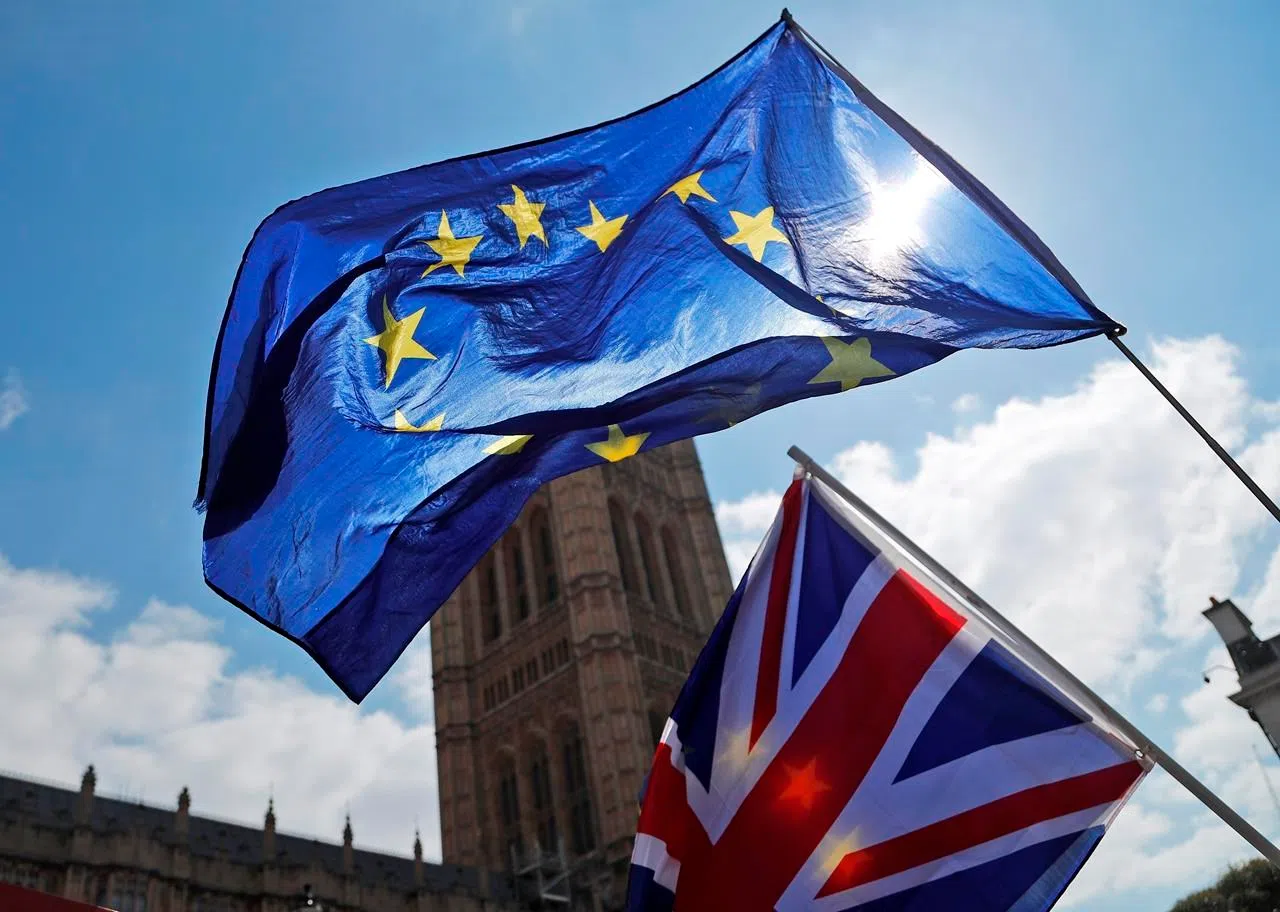
Brexit delay makes time for Canada, Britain to craft trade deal, envoy says
OTTAWA — Britain’s prolonged divorce proceeding from the European Union will give it more time to forge a proper free-trade deal with Canada, says the country’s envoy to Ottawa.
The United Kingdom is not legally allowed to engage in free-trade negotiations until it has departed the EU, but High Commissioner Susan le Jeune d’Allegeershecque said her country’s top trade negotiator has been meeting regularly with Canadian representatives to sketch out the broad strokes of a bilateral deal.
Britain remains part of the Comprehensive Economic and Trade Agreement between the EU and Canada as long as it is a member of the 28-country bloc.
Canadian and British negotiators aim to replicate CETA as much as possible in a two-country pact, le Jeune d’Allegeershecque told The Canadian Press from London on Thursday.


